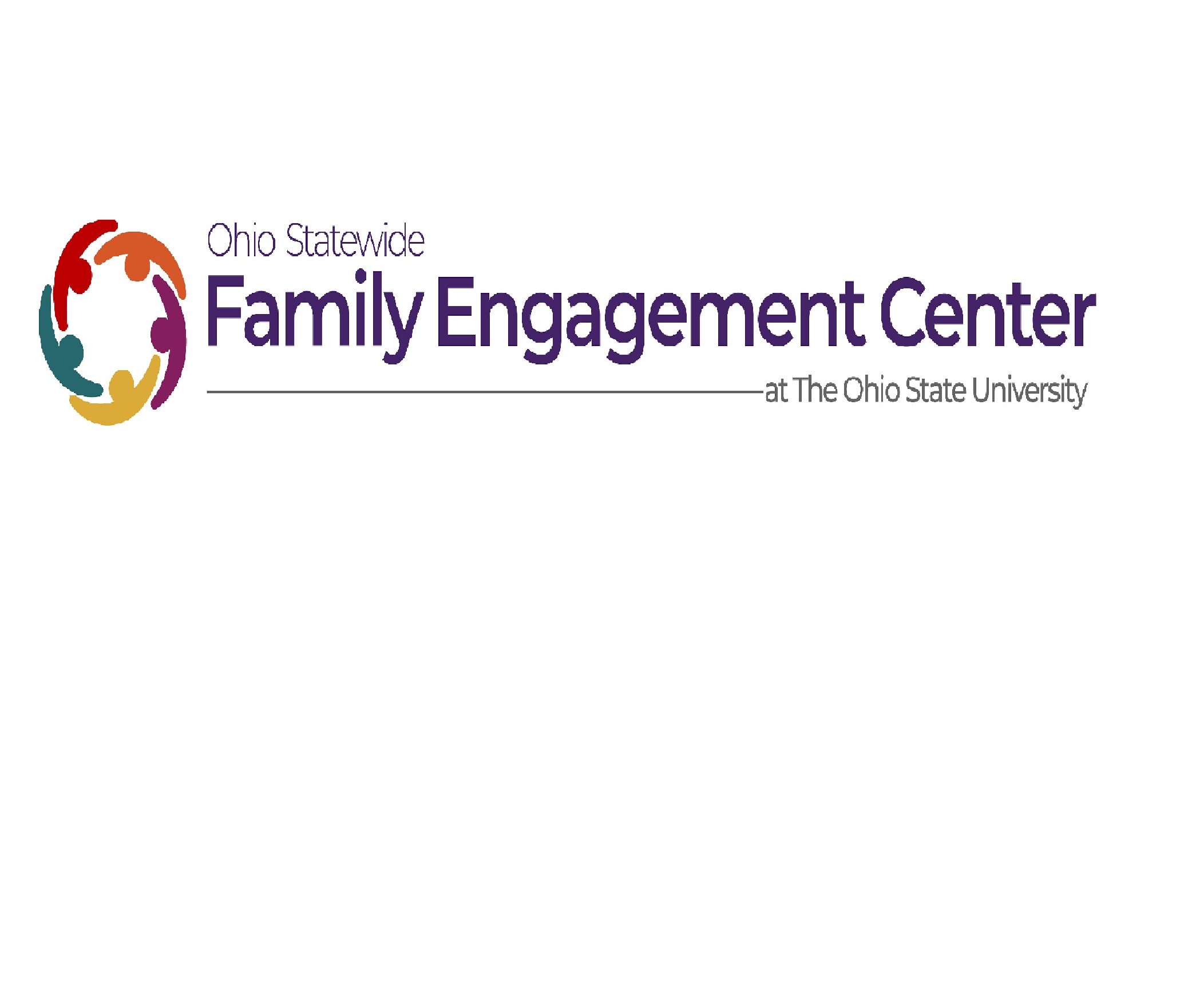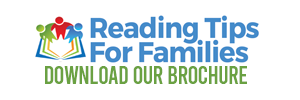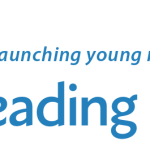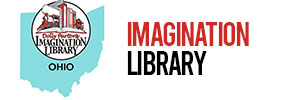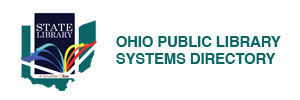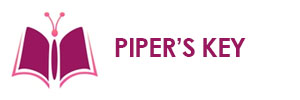In this tab you can find activities, games, stories, and resources to engage your children according to different age levels. These resources can help your child get excited about reading and learning to read.
These activities are targeted for Elementary School ages.

Supporting Your Child’s Literacy Development at Home
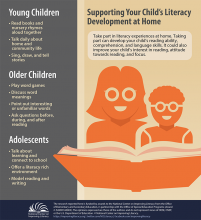
Take part in literacy experiences at home. Taking part can develop your child’s reading ability, comprehension, and language skills. It could also improve your child’s interest in reading, attitude towards reading, and focus.
Learn More
Third Grade Reading Guarantee Family Resources

The ability to read is the foundation of learning. Research shows that children who are not reading at a third-grade level by the end of grade 3 are likely to have trouble learning in all classroom subjects in higher grades.
Read Together, Grow Together 8 tips for families
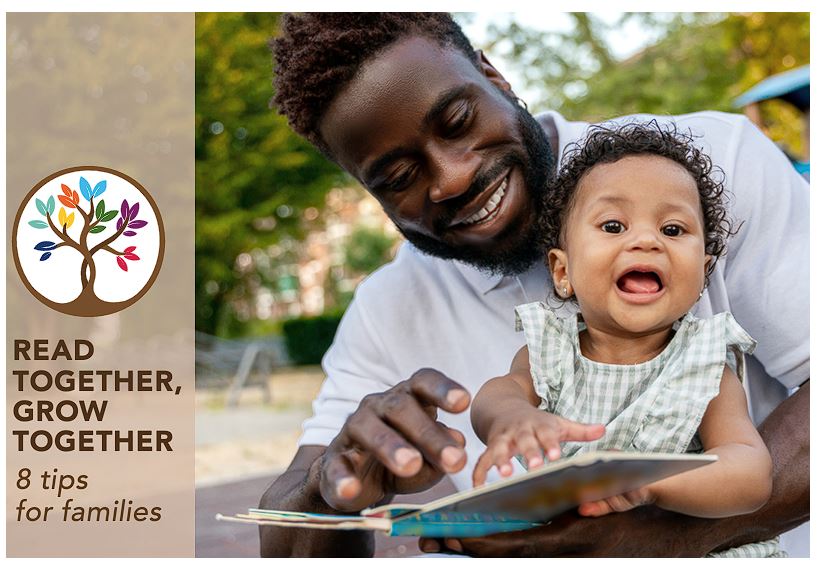
READ OVER AND OVER Did you know you can read the same books, over and over again? Re-reading the same thing gives your child the chance to remember the story. They can also grow comfortable with words, print, and letters. You do not have to have a new book to read each time!
How to Make Summer Reading Effective
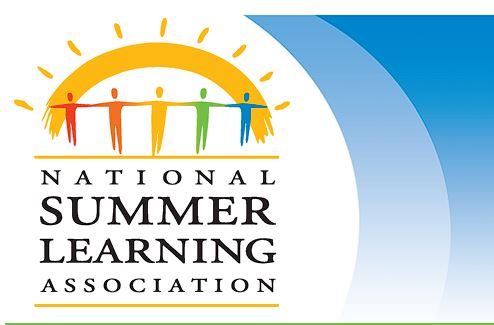
We know learning never stops, and reading is a wonderful way for your family to continue to learn and have fun during summer break. Our staff loves reading individually and with our families. Did you know that reading with your children over the summer can help them prevent losing their reading skills? One study from Harvard found that reading with a parent or caregiver, especially reading aloud and talking about comprehension strategies, was particularly effective.
2023 & 2024 Eclipse Series

Find everything you need for the greatest show in the solar system!
Explore the fascinating astrophysics of eclipses with astronaut Steve Bowen. Ever wonder why we don’t have an eclipse every month? What are the odds that the Moon perfectly covers the sun? Astrophysics is even more fascinating than fiction!
We are excited to offer two age-appropriate book readings and one on-orbit science demonstration that will excite you and your students for the 2023 and 2024 eclipses!
Preschooler Practice Guides for Parents

Literacy Learning Experiences – These practices show you how everyday home and community activities encourage preschoolers to listen, talk, and learn the building blocks for early literacy.
Adventure in a Box Wired To Read Word Wise
Download Spanish Version
Helping Your Child Become A Self-Regulated Reader
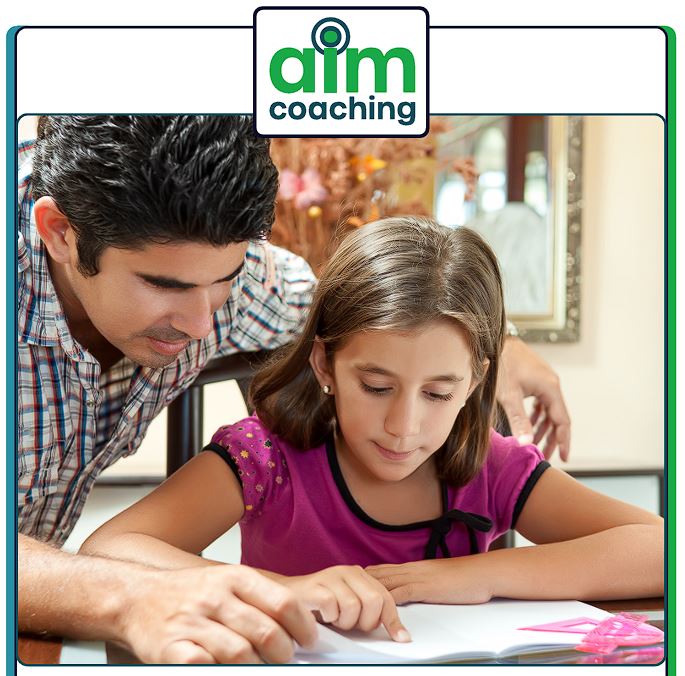
What Is Self-Regulated Reading? When a reader makes changes to their reading behaviors to better understand what they are reading, they are being a self-regulated reader. Self-regulated reading involves a reader adjusting how they read based on their awareness of knowledge, behaviors, and feelings related to reading.
Helping Your Kid With . . . Building Vocabulary and Comprehension With Read-Alouds
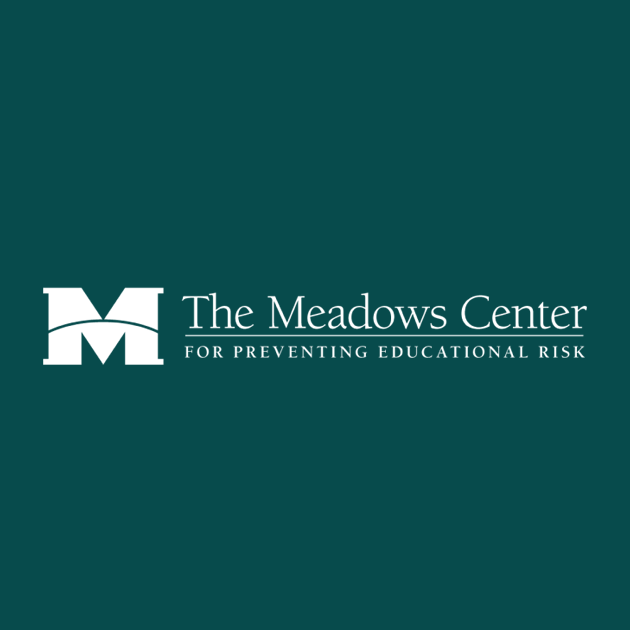
Most of you read books with your kids. This video shows you how to use book read-alouds to build vocabulary and learning. Choose a book, predict what the book is about, talk about vocabulary, and enjoy your reading time! Hosted by Letti Grimaldo and Shannon Giroir.
Money Talks
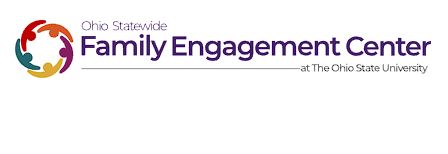
A 5-part Online Series for Middle School Families (Available in English and Spanish)
What is Money Talks?
Money Talks is a short, family-friendly online series about talking to your middle school child about money. For each of 5 topics, you will find conversation starters to use at home with your child(ren), quotes from parents/caregivers like you, games, activity ideas, and other resources. We also share adult financial planning tools for free from OSU Extension that you normally have to pay for! You can click to any topic, any time. No need to review topics that don’t interest you. Do you have a million things on your mind and worry that you’ll forget what to do? Within each topic you can download a planning tool to keep track of your talks!
We Can Learn English in Every Subject
When we are learning a language, we do not segment academic and language information separately in our brains. Instead, we use our knowledge as an integral system to communicate with others and learn new content. In this set of activities, parents can find ways to help their children practice English and home languages while learning academic content.
Parents/caregivers: When you click on each grade level, a 5-page pdf document will download. You are free to practice as many activities as you can during 5 weeks. For each week, you will have 7 options to choose from: Daily Care Routines, Homework Routines, Mealtime Routines, Play and Leisure Routines, Outside Routines, Walking/Driving/Bus Routines and Anytime!
Teachers: Each set of activities has been developed to help you create opportunities for parent engagement beyond the classroom walls. These activities are thought to support multilingual children’s language and literacy development at home. Each set would be based on content from the All Ohio Literacy Learning Modules-Multilingual Series.
Click on the language to display the grade levels PreK, K-2 and K-5 and download a set of activities in English, Arabic, Somali, Chinese, Spanish or Japanese.
Multitiered System of Supports for English Learners

Project ELITE developed a bookmark that presents a routine for parents to use with their children, based on the PK–3 read-aloud system. The parent and family guide is similar to the steps designed for teacher-led text reading but is modified for a simple and fun way to support literacy and family bonding through book reading. The bookmark guides parents in teaching children new vocabulary words and interacting with children during reading time to support language and comprehension development. The bookmark and training presentation are available in both English and Spanish.
Dyslexia Communication Tools for Schools
Dyslexia Resource Guide for Ohio Families
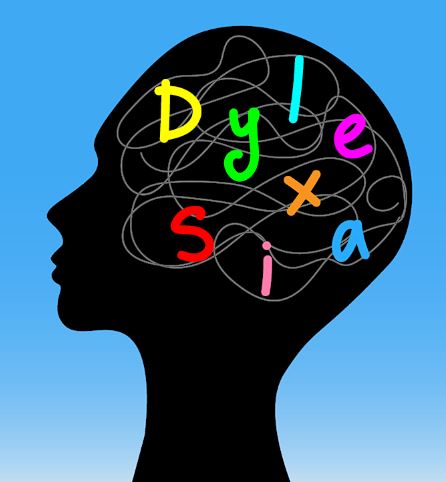
What is dyslexia?
Dyslexia is one of the most common learning disabilities. People with dyslexia have many strengths, but have unexpected trouble learning to read. These difficulties are not related to a person’s intelligence or motivation. Children with dyslexia can learn to read. Families, early childhood teachers, or kindergarten teachers are often the first to notice children having difficulty with talking or learning at school. It is important to pay attention to potential signs that a child may have dyslexia. Children with dyslexia can show any mix of signs. While any one sign does not necessarily mean your child has dyslexia, it is important to talk with your child’s teachers if you have concerns.
Unite for Literacy
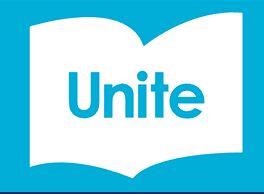
At Unite for Literacy, we picture a world where all children have access to an abundance of books that celebrate their languages and cultures and cultivate a lifelong love of reading.
Unite for Literacy has developed the platform, publishing tools, and systems-based strategies that support our public and private sector partners to change the literacy landscape of their communities and optimize the future for all their young children. Our projects build home libraries and support families to develop a daily habit of reading, both of which are key factors in growing lifelong readers.
To accomplish our vision, the Unite for Literacy team brings together expertise from the fields of literacy education, business innovation, strategic planning, and early childhood development. Team members include;
Sesame Workshop Games and Storybooks
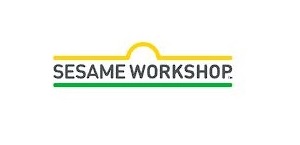
Explore our Games and Storybooks. Help incorporate playful learning into your child’s early education through different kinds of games, storybooks, and interactives that will keep them curious, confident, and excited to explore more.
Read Aloud Resources
ALL Ohio (Advancing Literacy Learning in Ohio) is a compilation of high-quality professional learning resources for Ohio’s P20 education system. ALL Ohio serves as a tool to strengthen educators’ knowledge and skills in evidence-based language and literacy practices grounded in the science of reading.
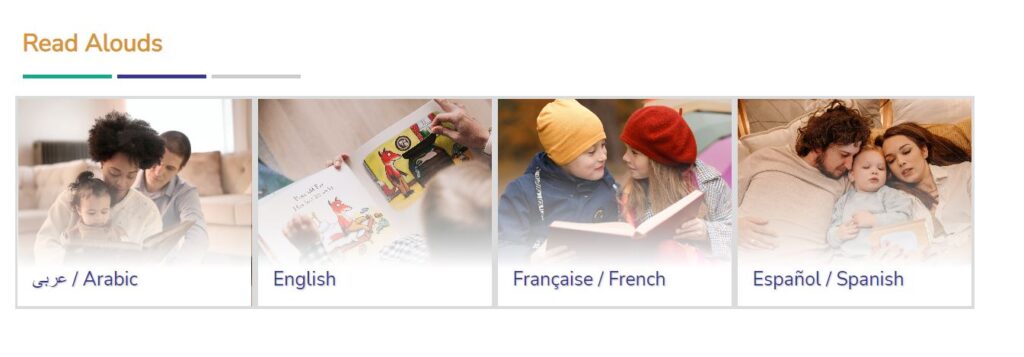
Family Engagement Activities
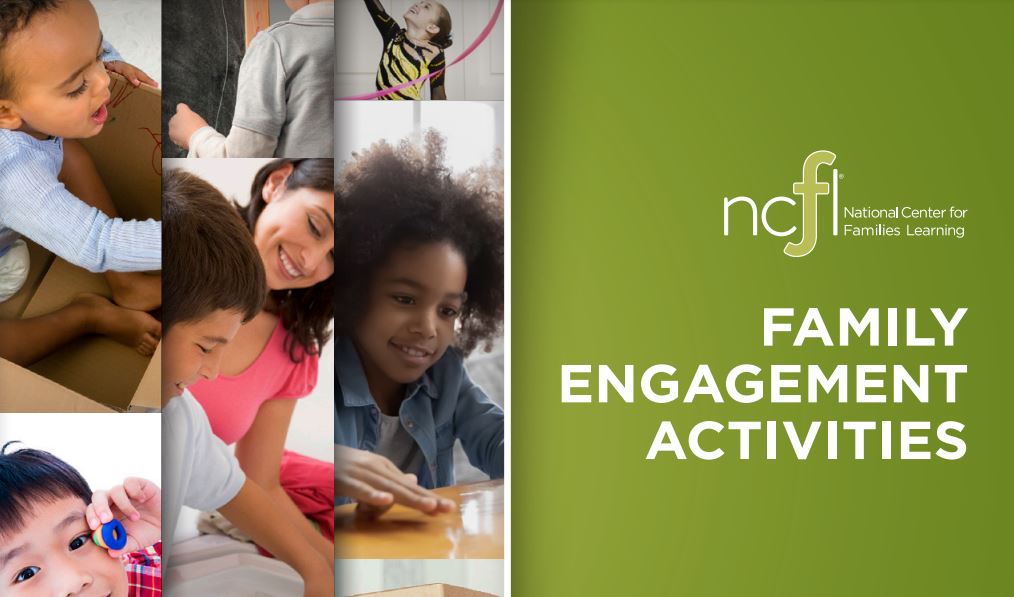
Animal Walks are simple and fun exercises that invite children to use their imagination to
move their bodies to copy animals. They are an easy way to get a quick dose of gross motor
play into your child’s day. These tasks get kids moving and active and allow them to release
energy. Many of these movements develop core strength, balance, and agility which are
wonderful for helping children control their sensory needs. Gross motor skills are a big part
of children’s healthy development at all ages.
Back To School

Fall is on its way, and it’s time for the school year to begin — and not just for kids, but for parents and teachers, too. Parents can help their young children become acclimated to the newness of school and ease their older kids back into familiar school-day routines. If you’re a teacher — whether a novice or an old pro — Reading Rockets has ideas and resources to help you get ready for the best school year yet.
Why is it important to read over the summer?
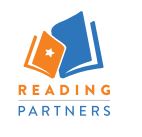
- Research shows that students can maintain or improve reading skills when they are out of school for the summer.
- Access to books over the summer increases reading opportunities and enjoyment of books, and helps students be ready for next school year.
- Students who read at least five books during the summer can maintain important literacy skills.
Ohio’s Dyslexia Guidebook
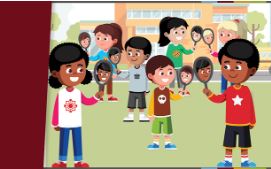
Ohio’s Dyslexia Guidebook is available now. As required by Ohio law, Ohio’s Dyslexia Guidebook contains best practices and methods for universal screening, intervention and remediation for children with dyslexia or children displaying dyslexic characteristics and tendencies. Districts and schools should use the guidebook to access critical information for successful implementation of Ohio’s dyslexia support laws.
Resources for Families

At Reading Partners we know the learning doesn’t begin and end in the classroom. Research shows that family involvement is the number one predictor of early literacy success and future academic achievement. We encourage family members to read at home with their kids every day and stay involved in their children’s educational experience.
We want parents, guardians, and other relatives caring for children to become the best reading partners for their kids. Here are some resources to stay educated and informed about early literacy.
Where to Find Free Audiobooks and Digital Text-to-Speech Books for Your Child
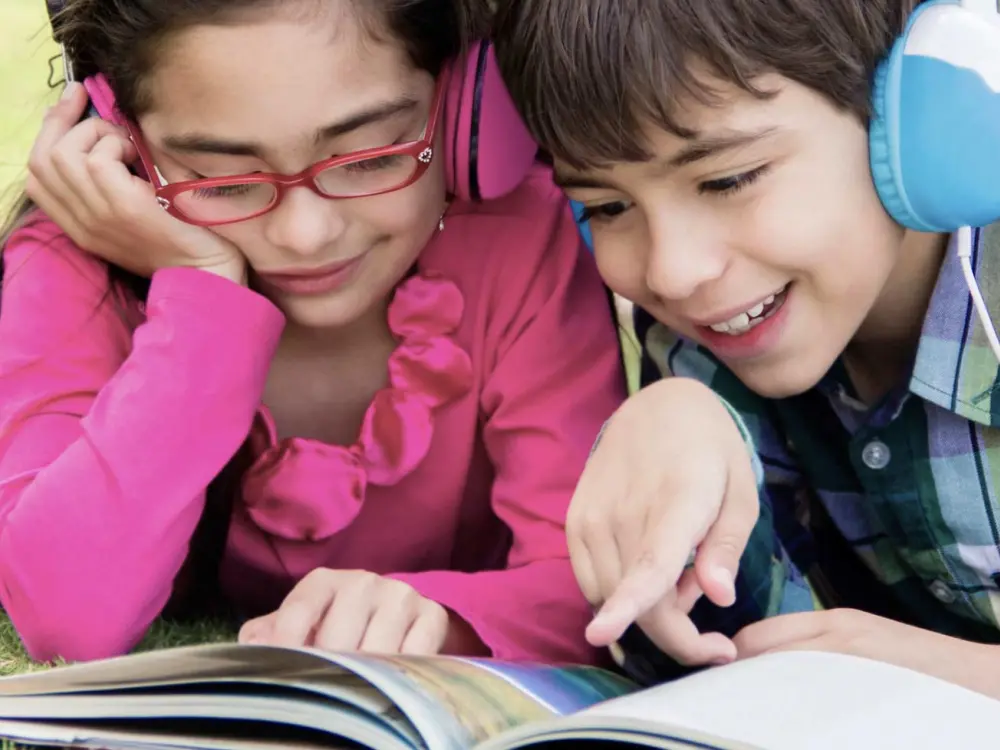
At a Glance
- Audiobooks and digital text-to-speech books can be a good way to help kids with reading issues.
- You can get these books for free from libraries, schools, and online sources like Bookshare.
- Talk to your school and local library about what’s available for your child.
How to Teach Kids With Dyslexia to Read
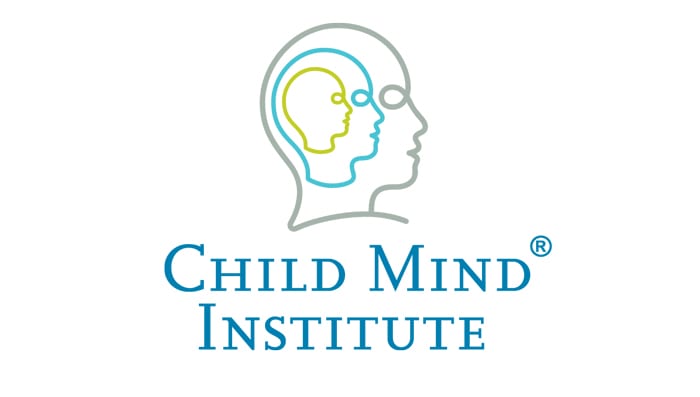
Child Mind Institute – Children are diagnosed with dyslexia when they fall behind their peers in learning to read, usually during their first few years in school. The cause isn’t a lack of intelligence, it’s a failure to develop a particular skill: decoding written language. Some kids with dyslexia figure out ways to compensate for their poor reading skills, and their struggles aren’t recognized until they are older, when the demand for reading and synthesizing a lot of material becomes too difficult for them to work around.
Promoting Literacy

with dinnertime storytelling, family conversation, and books about food. Regular family dinner may be a more powerful vocabulary-builder for young kids than reading.
Unite for Literacy

Unite for Literacy projects build home libraries and support families to develop a daily habit of reading, both of which are key factors in growing lifelong readers. Read together and listen to books of your choice in a variety of languages.
How Parents Can Instill Reading

How Parents Can Instill Reading. Parents often ask how they can help their children learn to read; and it’s no wonder that they’re interested in this essential skill. Reading plays an important role in later school success. Parents often ask how they can help their children learn to read; and it’s no wonder that they’re interested in this essential skill. Reading plays an important role in later school success.
Reading Rockets for Parents Page- Reading and Learning with Your Child
Reading Rockets is a site well loved by educators and parents.

Learning About Your Child’s Reading Development
Learning to read is difficult. While spoken language develops in most cases naturally, reading requires explicit, systematic instruction.
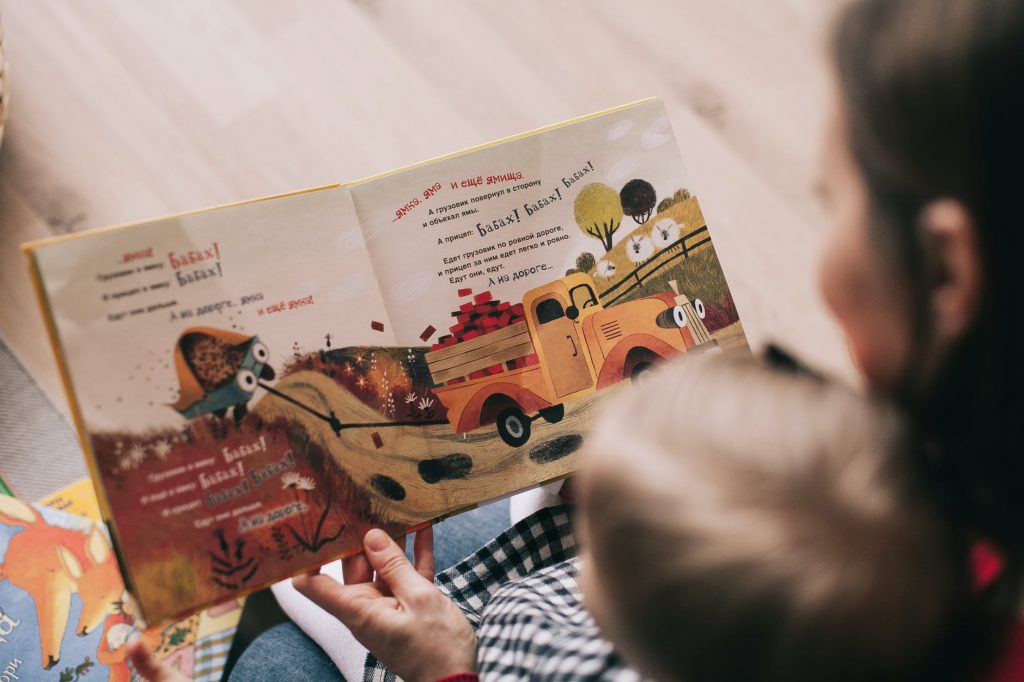
This page from The National Center on Improving Literacy, describes typical reading development from emergent through fluent reading. Sometimes we have concerns. This article offers a quick overview of the skills to look for and what to do if the child in your life seems to not be acquiring the skills.
The Development of Phonological Skills

Basic listening skills and “word awareness” are critical precursors to phonological awareness. Learn the milestones for acquiring phonological skills. This page helps parents to understand the importance of developmental phonological skills through easy to understand definitions. There is also a table which notes the age where 80 to 90 percent of typical students have achieved each phonological skill.
Defining Dyslexia
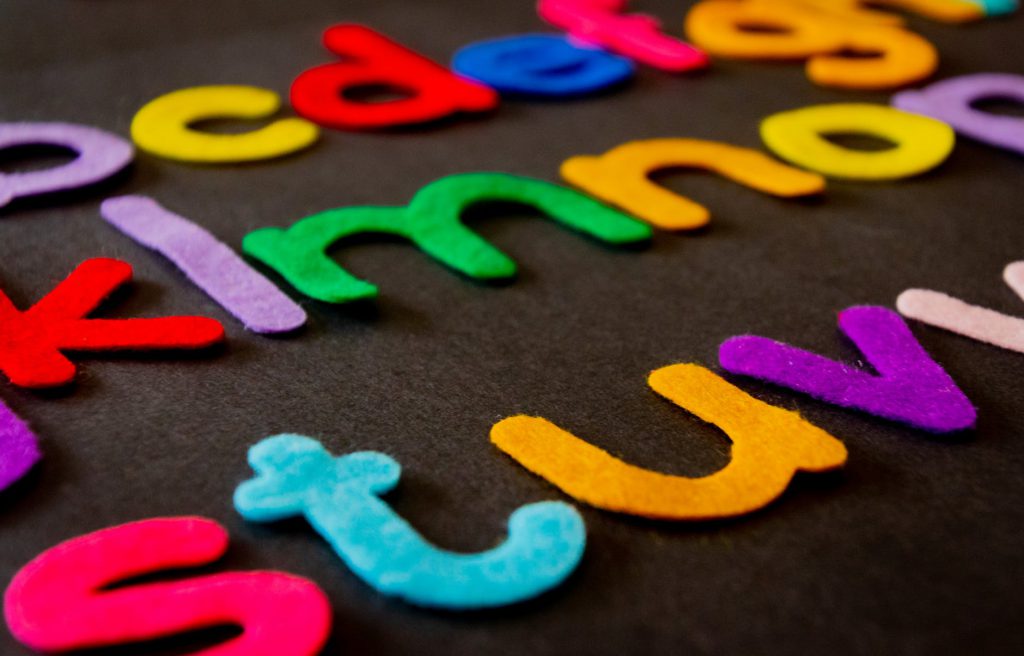
Dyslexia is a brain-based learning disability that specifically impairs a person’s ability to read. For individuals with dyslexia, specific portions of the brain typically associated with important reading processes may not function in the same ways that they do in individuals without dyslexia. Individuals with dyslexia often have difficulty with phonological processing, spelling, or rapid visual-verbal responding. Importantly, dyslexia is related to reading difficulties, not difficulties that arise from intellectual functioning.
- Defining Dyslexia
Dyslexia affects about one in every five individuals, making it the most commonly diagnosed learning disability. Dyslexia affects the brain areas associated with detection and processing of sounds and their corresponding letters. These letter-sound linkages are fundamental to reading. When these brain regions do not function efficiently to make these connections, reading development is affected.
Family and Community Toolbox
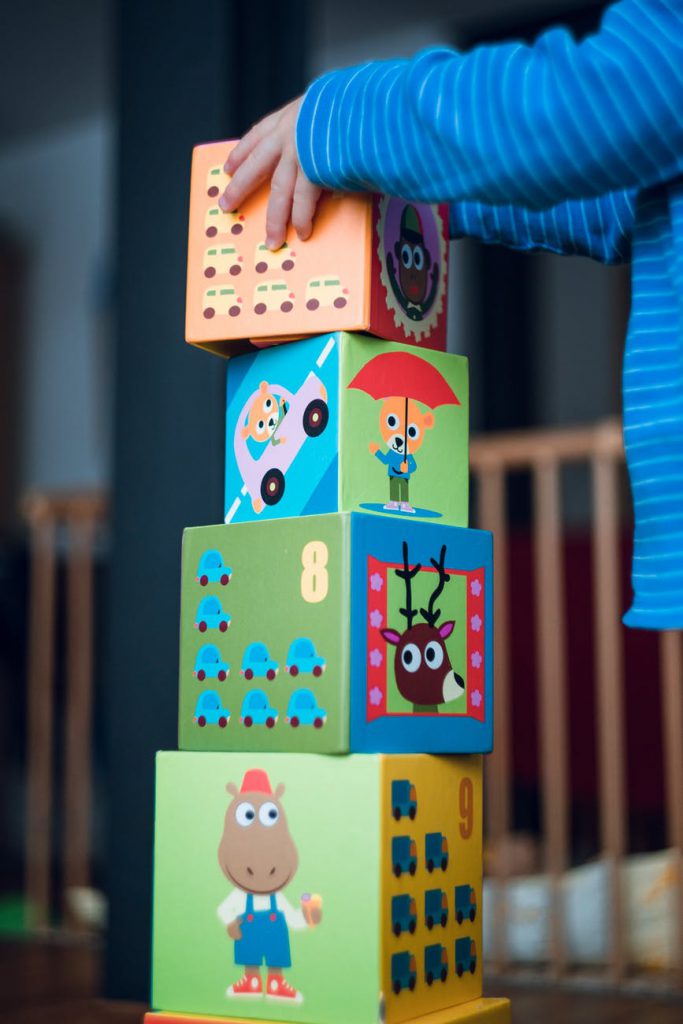
The purpose of the Family and Community Toolbox is to provide resources in order to build upon the natural learning opportunities that occur within a child’s daily routine in the home and community. The resources contained in this toolbox provide encouragement to families and caregivers in supporting the early language and literacy development of children in their care.
Family and Community Toolbox
Getting Involved with your child’s learning.
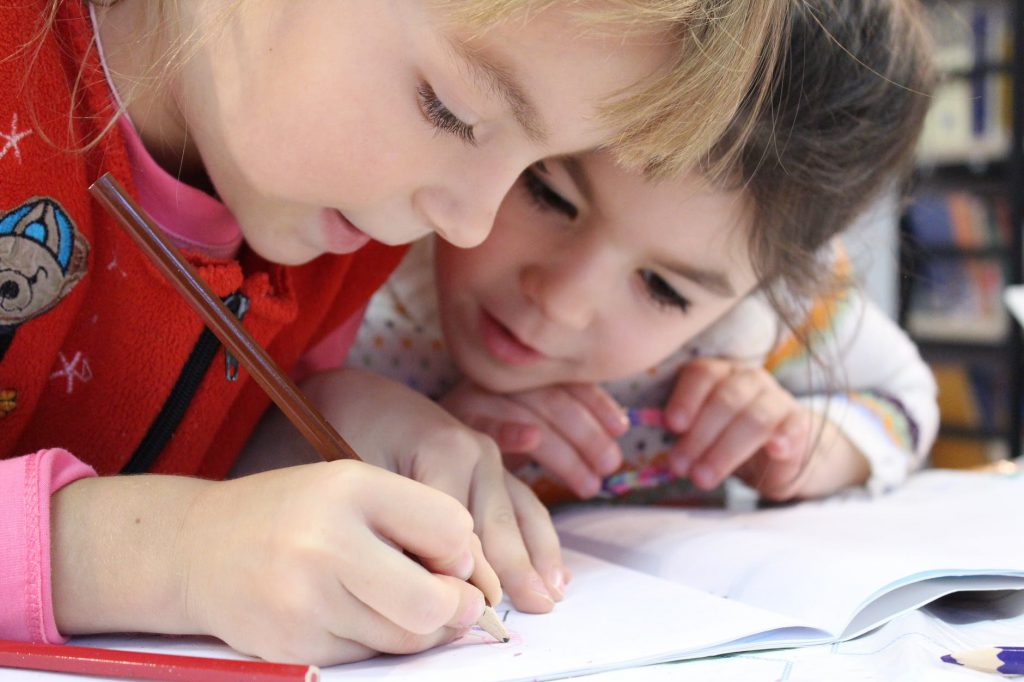
The information in this guide will give you a sample of some of the things your child will need to know and be able to do in reading for kindergarten. The guide also has helpful practice problems, tips and activities you can do with your child to help him or her achieve the new standards.
Parent Guide to Helping Your Child Learn to Read for Preschool through Grade Three
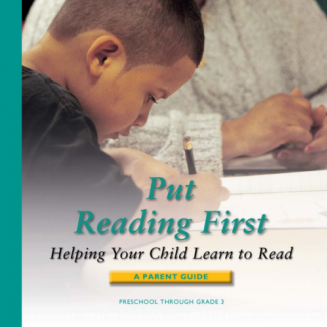
Success in school starts with reading. When children become good readers in the early grades, they are more likely to become better learners throughout their school years and beyond. Learning to read is hard work for children.
Ohio Department of Education- Parents

Active, involved parents are an essential resource for Ohio’s schools in making the most of every child’s educational experience, from pre-kindergarten all the way through high school. This page has information you can use to help guide your child’s education.
My Child is in…Preschool, Kindergarten, Elementary School, etc.

